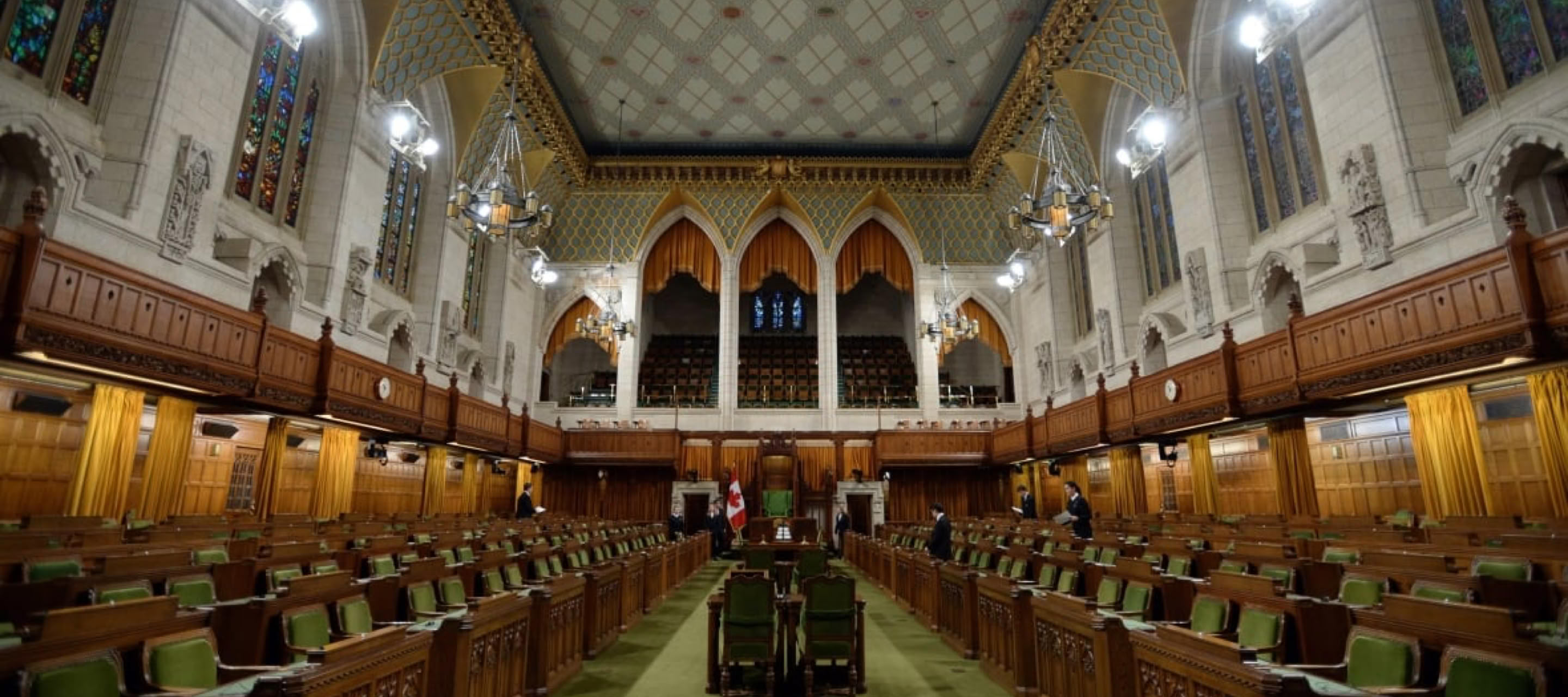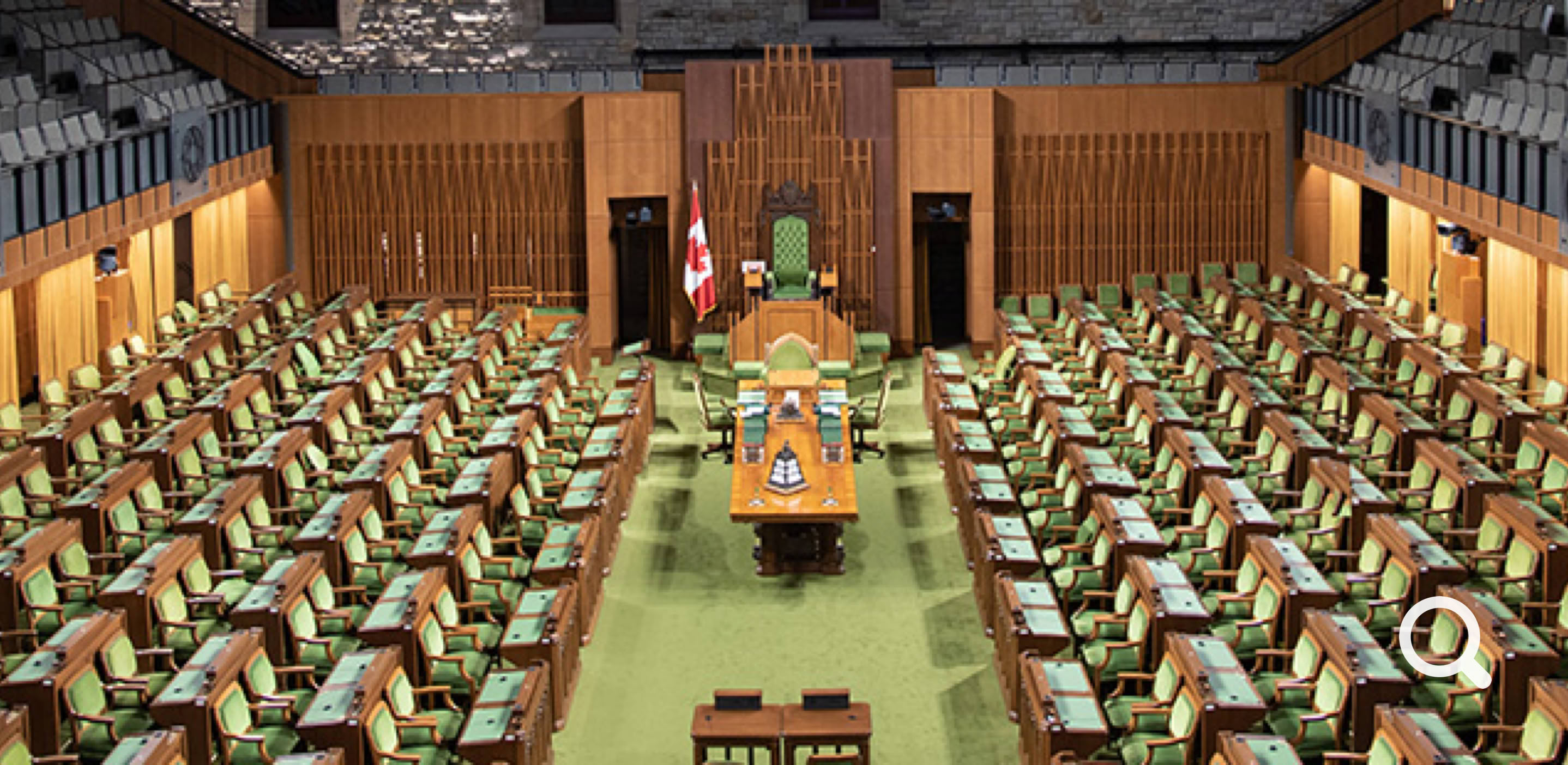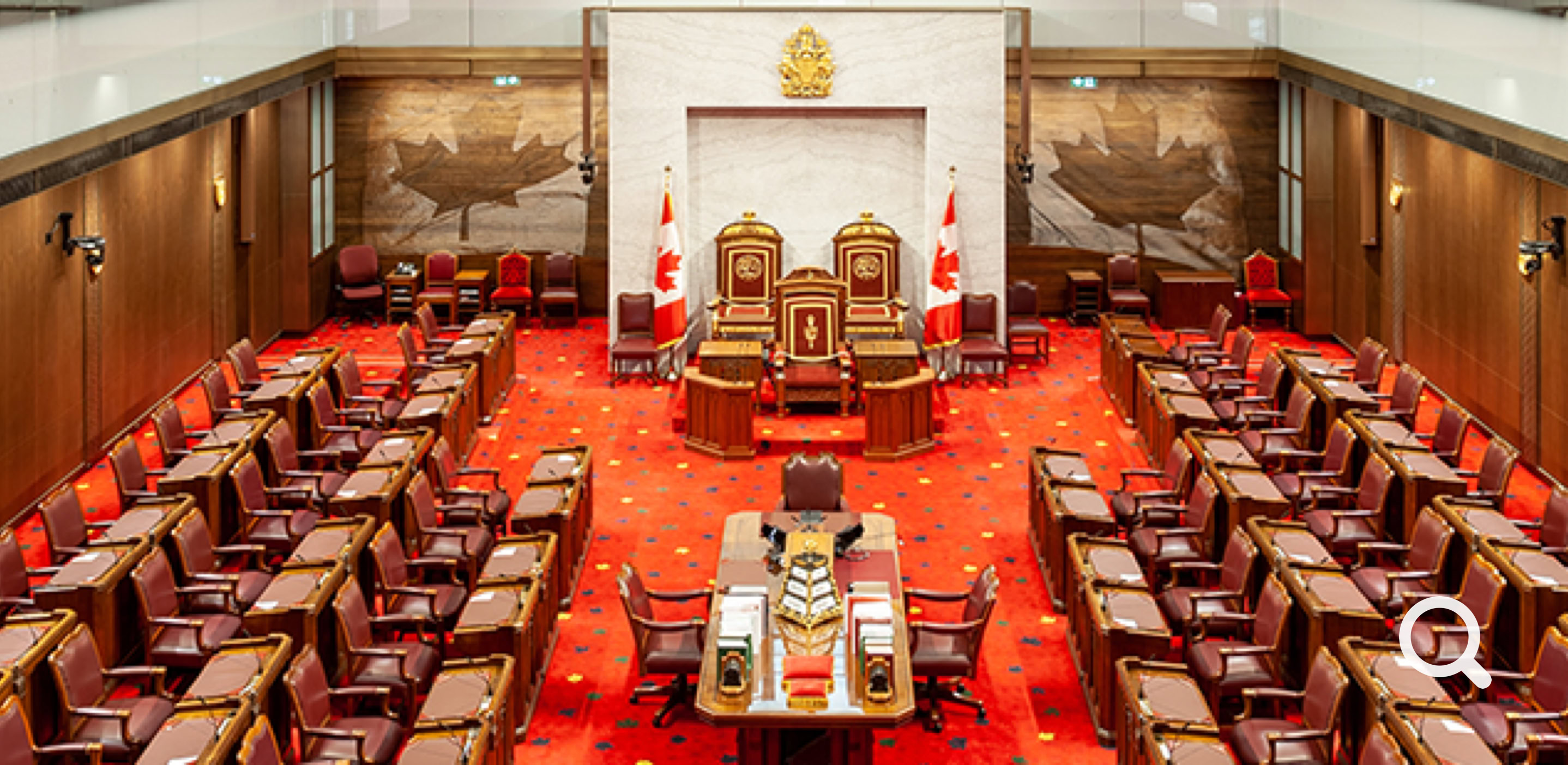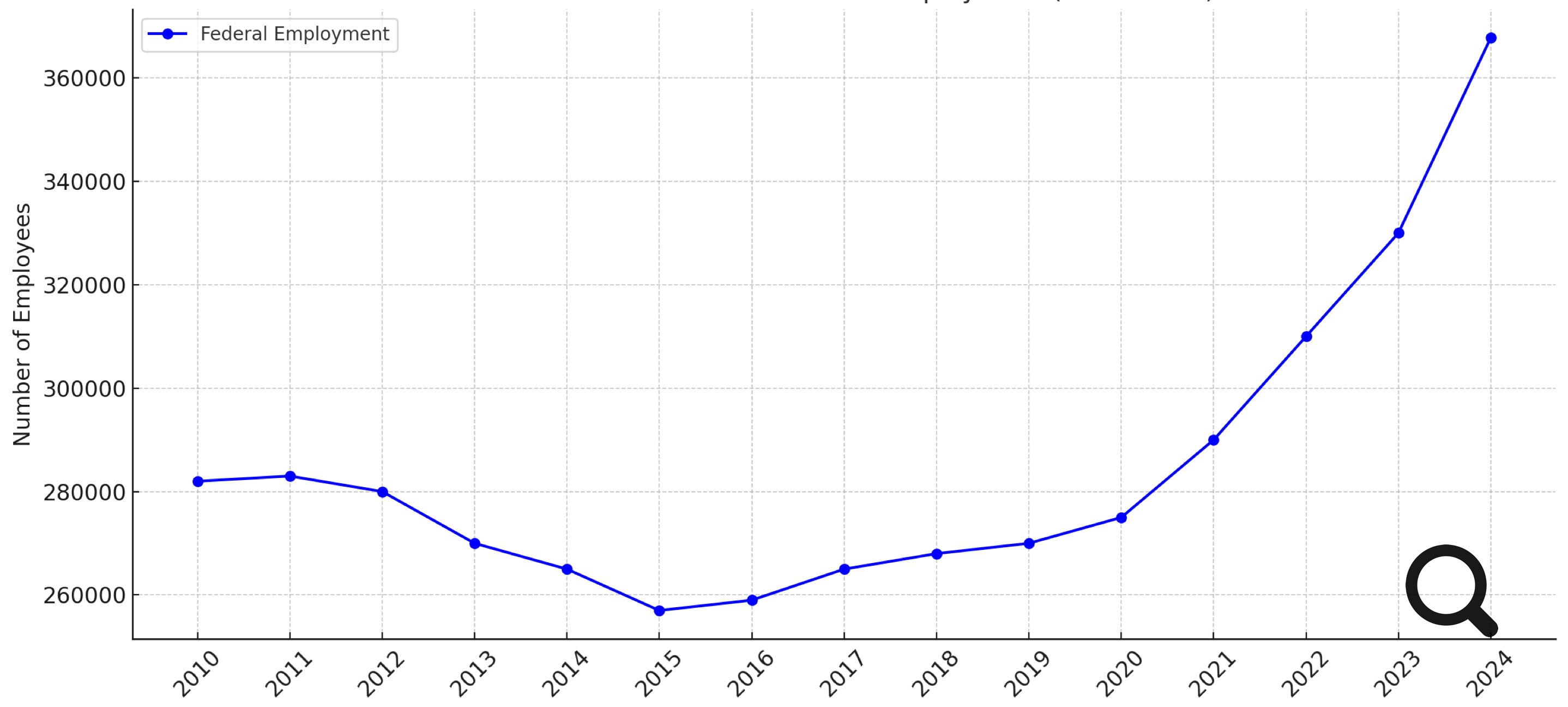Government Power in Canada
2025-07-27

Canada, a federation under a federal Parliamentary democracy entrusts individuals with the responsibility of legislating in the national interest, upholding democratic values, and protecting the rights and freedoms of all citizens. Elected Members (MPs) and appointed Senators, ensures all Canadians are fairly represented. Is that the case?
In practice, a small number of individuals—party leaders, senior ministers, unelected officials, and heads of powerful agencies—often wield a disproportionate amount of influence over public policy and national direction. These leaders have the capacity to enact laws and implement policies that deeply affect the lives of ordinary Canadians, sometimes in ways that are neither transparent nor accountable. Decisions made at the top can lead to widespread consequences: families can be disrupted, financial wellbeing altered, personal freedoms curtailed, and even public health compromised.
Over time, the federal government has expanded significantly, giving rise to a vast and complex web of departments, agencies, boards, and commissions. While many of these bodies were created with the intent of serving the public good—whether by regulating industries, safeguarding the environment, or protecting consumer rights—they often extend their reach into the most personal aspects of citizens' lives. From health mandates to tax enforcement, from communications regulation to transportation policy, the machinery of government touches nearly every part of daily life. For an eye-opening view of the massive extent of the Canadian Government go here.
The government must, of course, possess certain powers in order to maintain order, enforce the law, and provide essential services. Yet, a critical imbalance arises when these powers are used not to serve the broader public, but to control it—particularly when measures aimed at correcting the misconduct of a few end up punishing the many. When laws or policies disproportionately affect law-abiding citizens, or when dissent is stifled in the name of order, the democratic foundation begins to erode.
A healthy democracy depends not only on representation, but also on restraint—on governments that are both empowered and limited. It is essential to continually question whether the growth of government authority serves the people or subdues them. When the state begins to treat the governed as subjects rather than citizens, it is a warning sign that the balance of power has shifted too far.
Overcoming excessive government power in a democratic society like Canada requires a combination of civic engagement, legal accountability, community action, and structural reform. Here are key actions people can take:
1. Be Informed and Educated
- Understand how government works—know your rights, how laws are made, and who represents you.
- Follow legislation and policy changes, especially those that affect freedoms, healthcare, taxation, and surveillance.
- Question narratives, seek multiple sources of information, and analyze decisions critically.
2. Vote and Participate in Elections
- Voting is the first line of defense against unchecked power. Elect representatives who value transparency, civil liberties, and accountability.
- Support independent or reform-minded candidates who challenge the status quo.
- Participate in party leadership races, referenda, and other electoral mechanisms.
3. Hold Representatives Accountable
- Write to your MPs, MLAs, and local officials regularly to express concerns or demand action.
- Publicly call out broken promises or harmful policies.
- Use petitions, letters to editors, social media, and public forums to pressure for change.
4. Support Independent Media and Whistleblowers
- Independent journalism plays a critical role in exposing overreach and corruption.
- Advocate for and support protections for whistleblowers and investigative reporters.
5. Organize and Mobilize
- Join or form civil liberties organizations, watchdog groups, or advocacy coalitions.
- Participate in peaceful protests, town halls, and public consultations.
- Use community organizing to push back against unjust laws or practices.
6. Push for Structural Reform
- Advocate for parliamentary reforms: term limits, proportional representation, or senate reform.
- Demand transparency laws and limits on executive power.
- Support judicial oversight and legal challenges when government actions violate the Charter of Rights and Freedoms.
7. Use Legal Tools
- File freedom of information requests to expose hidden decisions.
- Participate in or fund legal challenges to unjust laws or government overreach.
- Work with civil rights groups like the Canadian Civil Liberties Association (CCLA).
8. Promote Civic Responsibility
- Teach younger generations about their democratic responsibilities.
- Encourage open debate and respectful dissent, even on controversial issues.
- Resist efforts to divide and polarize communities, which weakens collective power.
In a healthy democracy, power ultimately resides with the people—but only if they choose to claim it. Government overreach thrives on public apathy. Awareness, unity, and persistent civic action are the most effective tools to reclaim balance and protect freedom.
357,965 Federal Public Service (2025) Source
Note:
Federal employees are divided into two categories:
1. Employees in core public administration (i.e. ministerial departments and their agencies), who are employed by The Treasury Board.
2. Employees of separate agencies, who negotiate with the Agency which sets their classification levels.


